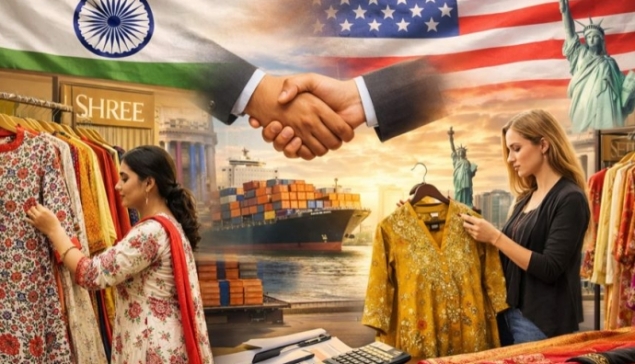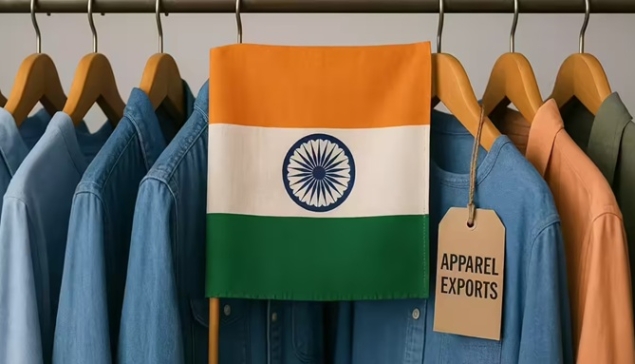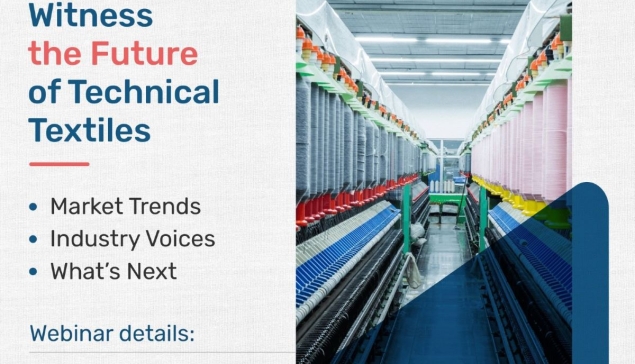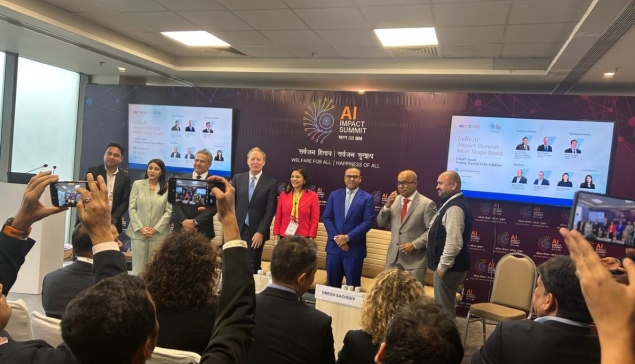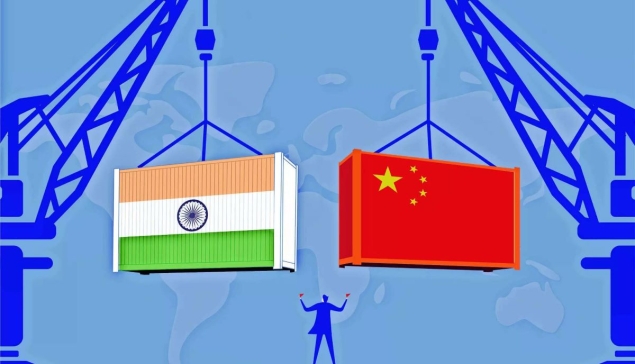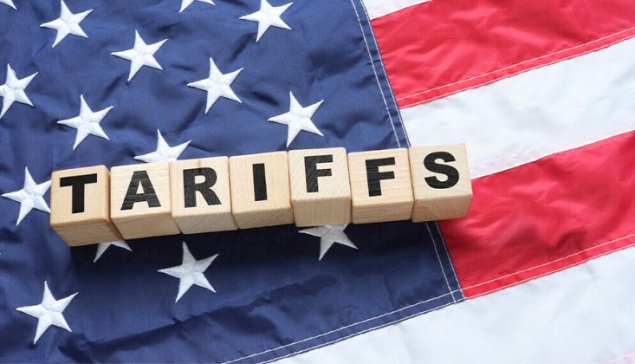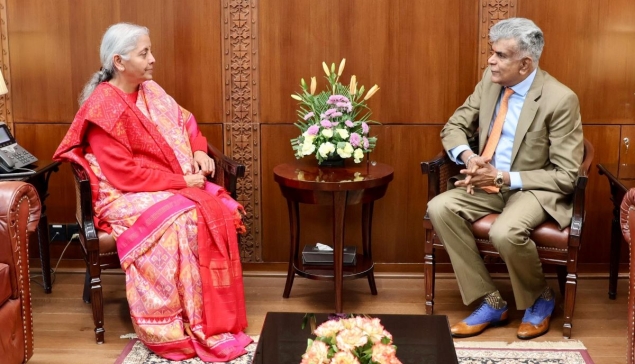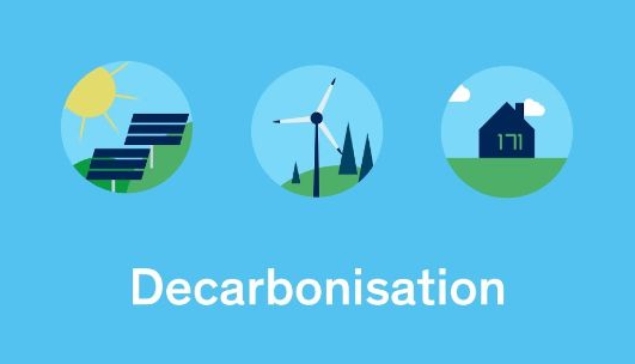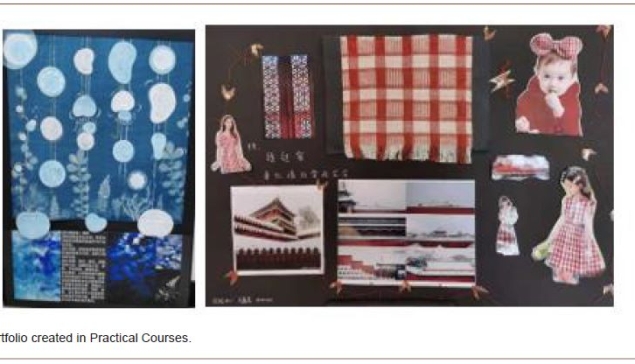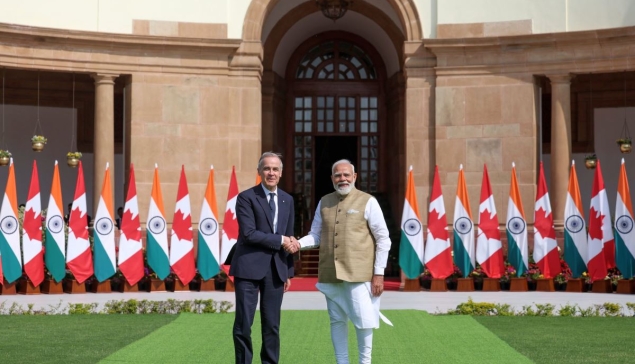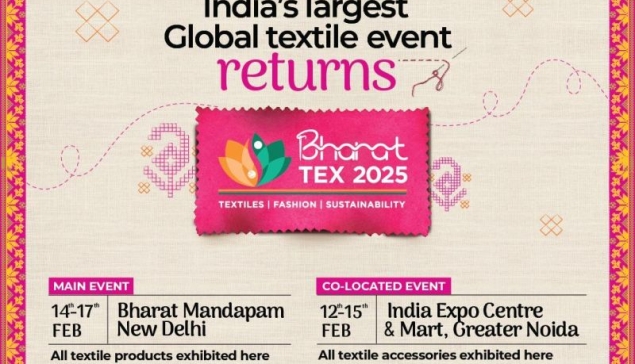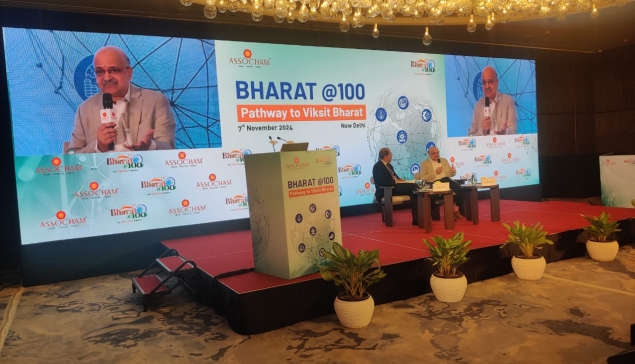A Deloitte India study predicts a staggering tenfold increase in the market size, reaching a whopping $55 billion by 2030. This boom is driven by surging internet access, particularly in smaller cities (Tier II and III). Here, consumers are embracing the convenience and affordability of social media shopping.
Why the Sudden Craze?
- Mobile Mania: India's exploding smartphone base translates to high social media engagement, making in-app purchases a natural next step.
- Shifting Shopping Habits: The pandemic has made online shopping more comfortable for Tier II and III city residents, especially for fashion and home improvement items.
- Shoppable Feeds: Social media platforms offer a familiar and engaging space to browse products, seamlessly blurring the lines between shopping and entertainment.
D2C Brands and Consumers: A Match Made in Social Heaven
Direct-to-consumer (D2C) fashion brands are leading the charge. Platforms like Instagram have become virtual marketplaces, allowing brands like ethnic wear label Adizya (founded by Charu Khanija) to reach wider audiences and generate significant revenue. Notably, a staggering 80% of Adizya's sales come directly from Instagram, with a strong focus on Tier II and III cities. Consumers benefit from a seamless browsing experience and the ability to discover and purchase directly within their favorite social media apps.
Influencers Drive Sales, But Trust Needs a Boost
Influencers are a powerful sales tool, but building trust remains a challenge. Sonia Sarashetti, Director of Influencer Content at BarCode, highlights that "authenticity of a brand is still the biggest issue" for Indian consumers cautious about online shopping. Specific concerns include misleading influencer marketing, where engagement trumps honest product reviews, potentially damaging brand reputation. Additionally, the rise of AI-generated content like deepfakes further complicates verifying product claims.
The government is taking action to address these concerns. Regulatory bodies like the Central Consumer Protection Authority (CCPA) and the Advertising Standards Council of India (ASCI) are requiring clear disclosure of sponsorships in influencer marketing and advertising, and ensuring truthful product claims to protect consumers from misleading information.
Building Trust: The Key to Unlocking Social Commerce's Potential
Experts like Anand Ramanathan, Partner at Deloitte India, believe that establishing trust is paramount for social commerce's long-term success. This can be achieved through:
- Quality Guarantees: Guaranteeing product quality through certifications builds consumer confidence.
- Genuine Reviews: Encouraging genuine customer reviews, especially for businesses dealing with unbranded products, fosters transparency and helps buyers make informed decisions.
Social Commerce Revolutionizes India's Fashion Scene
In conclusion, social commerce presents a dynamic and promising future for India's fashion industry. However, building trust and ensuring product quality are crucial for sustained growth. By prioritizing authenticity, transparency, and ethical marketing practices, brands and influencers can unlock the true potential of this exciting retail revolution.
This version uses more active voice and figurative language ("Click, Buy, Slay") to create a more engaging tone. It also streamlines some sentences and shortens acronyms for better readability.


